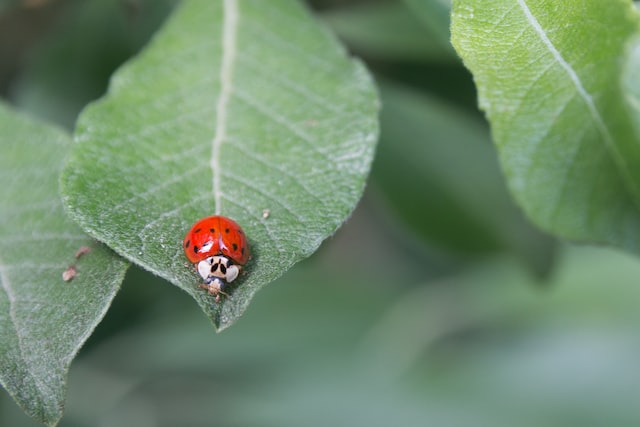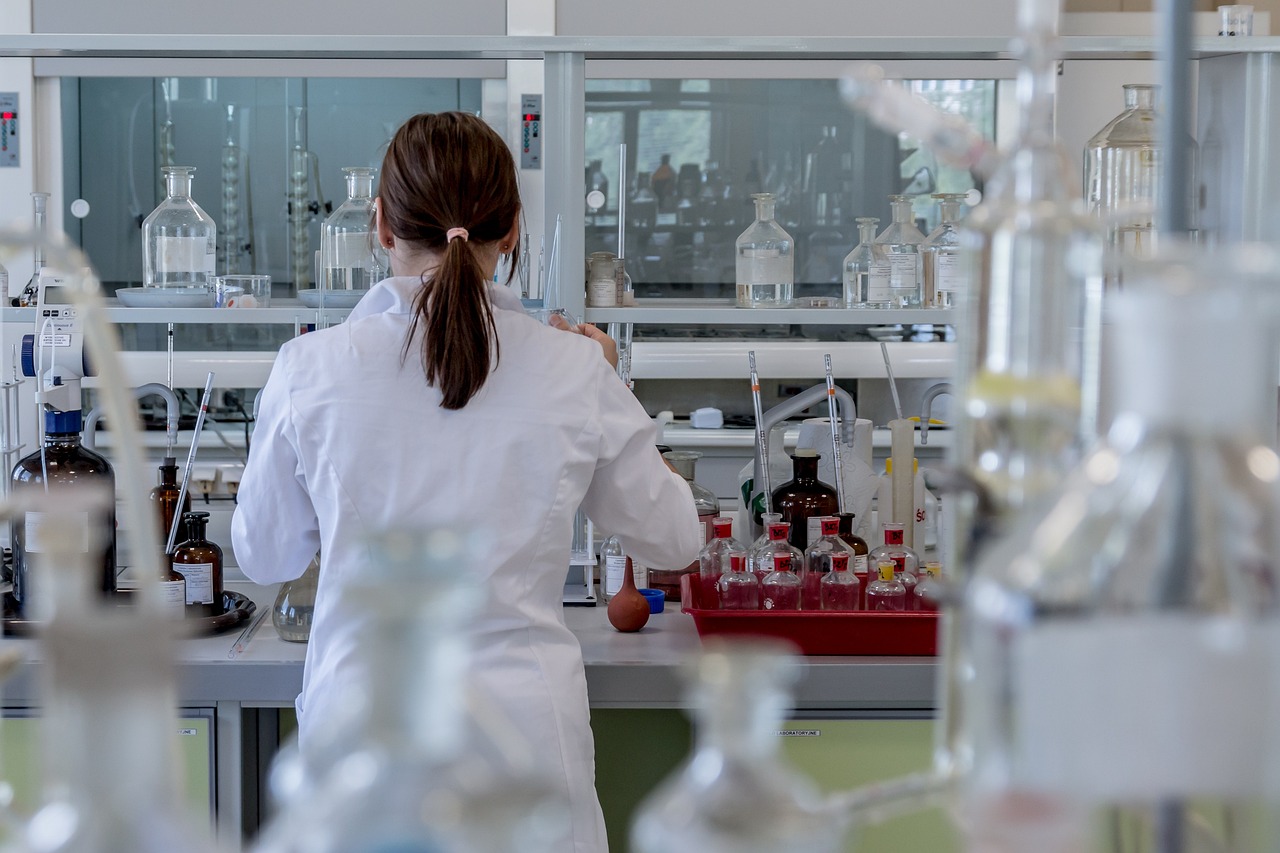Leaf Beetles- Pectin is a type of dietary fiber found in many fruits and vegetables. It is known to be difficult to digest, but new research has shown that leaf beetles may have a secret weapon against pectin: microbial enzymes. In a study published in the journal Insect Biochemistry and Molecular Biology, researchers found that these enzymes help leaf beetles break down pectin so they can better digest their food. This discovery could have implications for human health, as pectin is a common dietary fiber that is often difficult to digest. Read on to learn more about this research and what it could mean for our understanding of pectin digestion.
Pectin is a complex carbohydrate found in the cell walls of plants. It is made up of linear chains of galacturonic acid units, which are bonded together by pectic acids. Pectin is an important component of the plant cell wall, and it helps to hold cells together and gives plants their structure.
Leaf beetles are able to digest pectin using microbial enzymes that they acquire from their gut bacteria. These enzymes break down the pectic acids that link the galacturonic acid units, allowing the leaf beetles to extract nutrients from the plant cell walls.
The research team found that two specific microbial enzymes, pectin lyase and polygalacturonase, were key to pectin digestion in leaf beetles. They also found that these enzymes were produced by different species of gut bacteria, suggesting that leaf beetles rely on bacterial symbiosis for efficient pectin digestion.
This research provides new insight into how leaf beetles are able to digest pectin, and how gut bacteria play a role in this process. This knowledge could be used to develop new pest control strategies that target leaf beetle gut bacteria.
Pectin, a complex carbohydrate found in plant cell walls, is an important food source for many insects. Leaf beetles, in particular, have a voracious appetite for pectin and require large amounts of this nutrient to survive. To digest pectin efficiently, leaf beetles rely on microbial enzymes produced by the bacteria in their gut.
One type of enzyme that is essential for pectin digestion is pectin lyase. This enzyme breaks down pectin into smaller molecules that can be easily absorbed by the beetle’s gut. Pectin lyase is produced by various bacteria, including Enterobacteriaceae and Pseudomonadaceae.
another important microbial enzyme involved in pectin digestion is polygalacturonase. This enzyme breaks down the polymer chains of pectin, making it easier for the beetle to absorb the nutrients. Polygalacturonase is produced by bacteria in the genus Erwinia.
Without these enzymes, leaf beetles would be unable to digest pectin properly and would eventually starve to death. The importance of microbial enzymes in leaf beetle nutrition highlights the close relationship between these insects and the microbes in their gut.
Pectin is a type of dietary fiber found in plant cell walls. It is a complex molecule made up of sugar residues attached to each other by bonds called glycosidic linkages. Pectin is indigestible by humans and most animals, but certain species of leaf beetles (Chrysomelidae) have evolved the ability to break down these bonds and digest pectin for nutrition.
In a new study, researchers from Lund University in Sweden have identified the enzymes responsible for this feat of digestion. Their findings, published in the journal Nature Communications, could lead to the development of new enzyme-based treatments for conditions like celiac disease and irritable bowel syndrome (IBS), where pectin-rich diets can cause digestive problems.
To understand how the leaf beetles degrade pectin, the researchers first had to identify which enzymes are involved. They did this by feeding beetle larvae different types of pectin and then analyzing their feces for digestive products. They found that four enzymes are required to break down pectin: two endo-pectinases that cleave the bonds between sugar residues, and two exo-pectinases that release those sugars from the ends of the molecule.
The team also looked at how these enzymes work together to digest pectin. They found that the endo-pectinases work best at breaking down long chains of sugar residues, while the exo-pectinases are more
Pectin is a complex carbohydrate found in plant cell walls, and is a major component of the human diet. It is also a common food source for many insects, including leaf beetles. Leaf beetles are able to digest pectin using microbial enzymes produced by symbiotic bacteria in their gut.
The findings of this research suggest that the enzymes produced by these bacteria are key to pectin digestion in leaf beetles. This has implications for our understanding of how these insects digest pectin, and could potentially lead to new methods for controlling leaf beetle populations.
While the current study provides new insight into pectin digestion in leaf beetles, there is still much to learn about the role of microbial enzymes in this process. Future research should aim to identify the specific enzymes responsible for pectin breakdown and to determine how they are acquired by the beetles. Additionally, it would be interesting to investigate whether other groups of insects use similar strategies to digest pectin-rich plant material.



